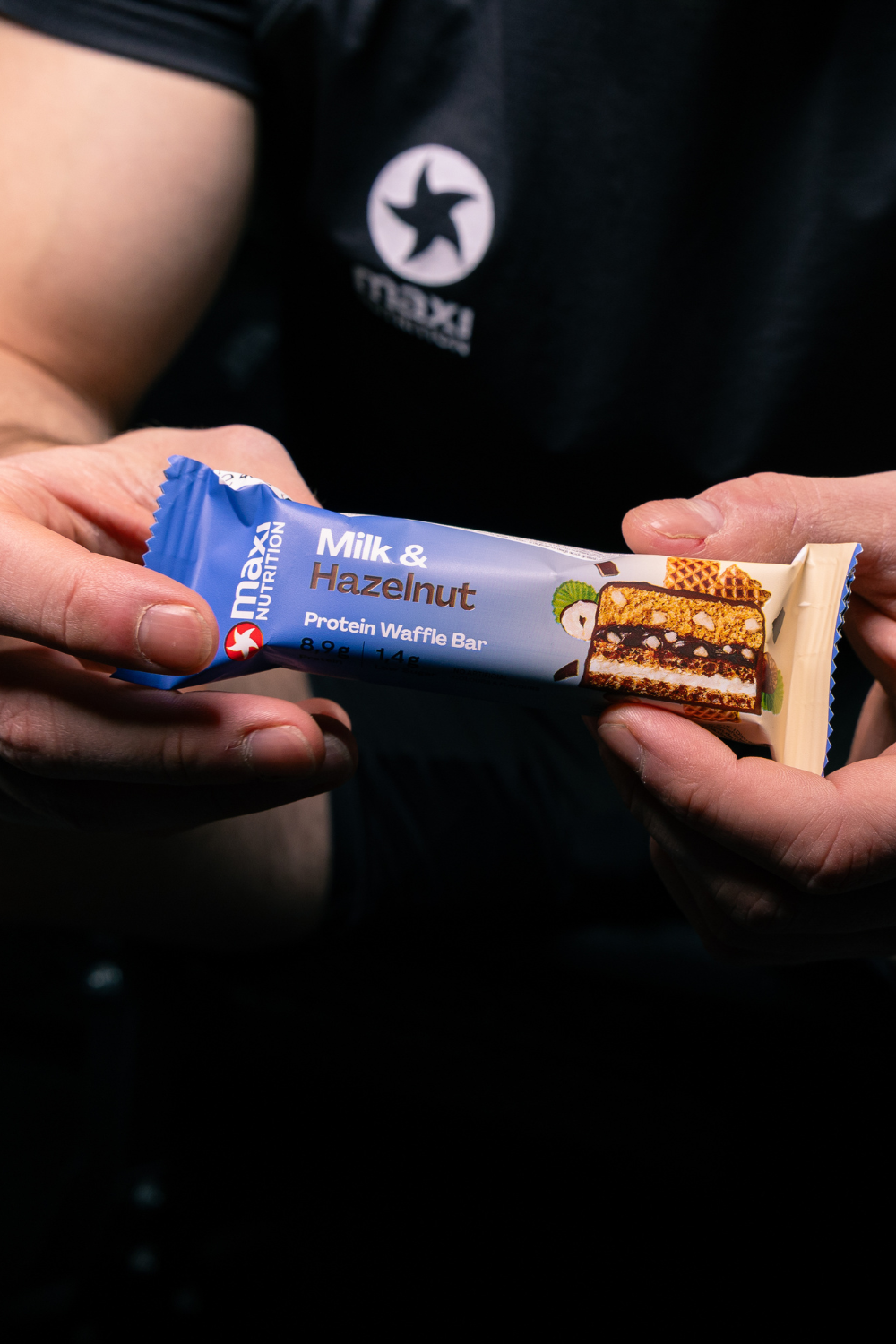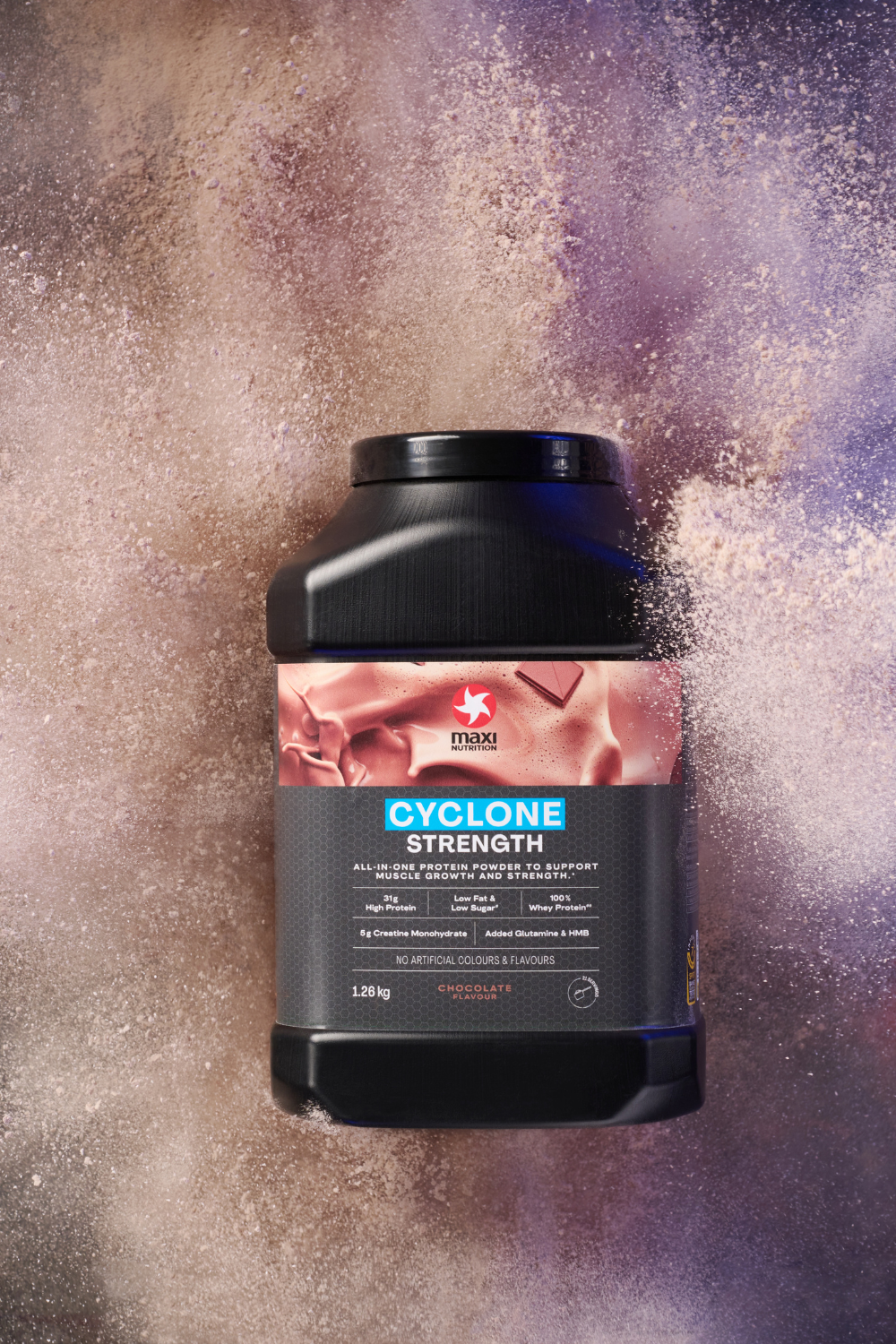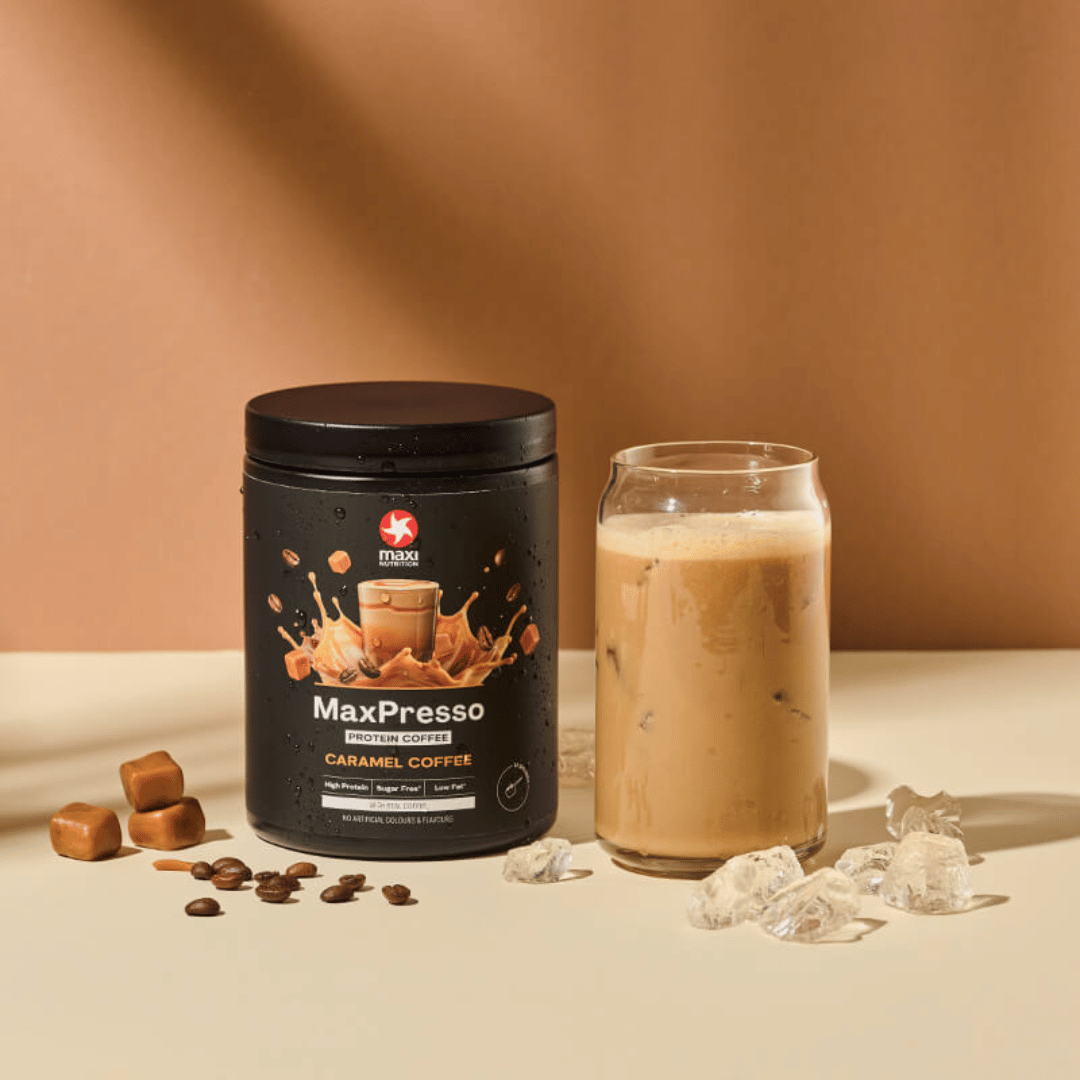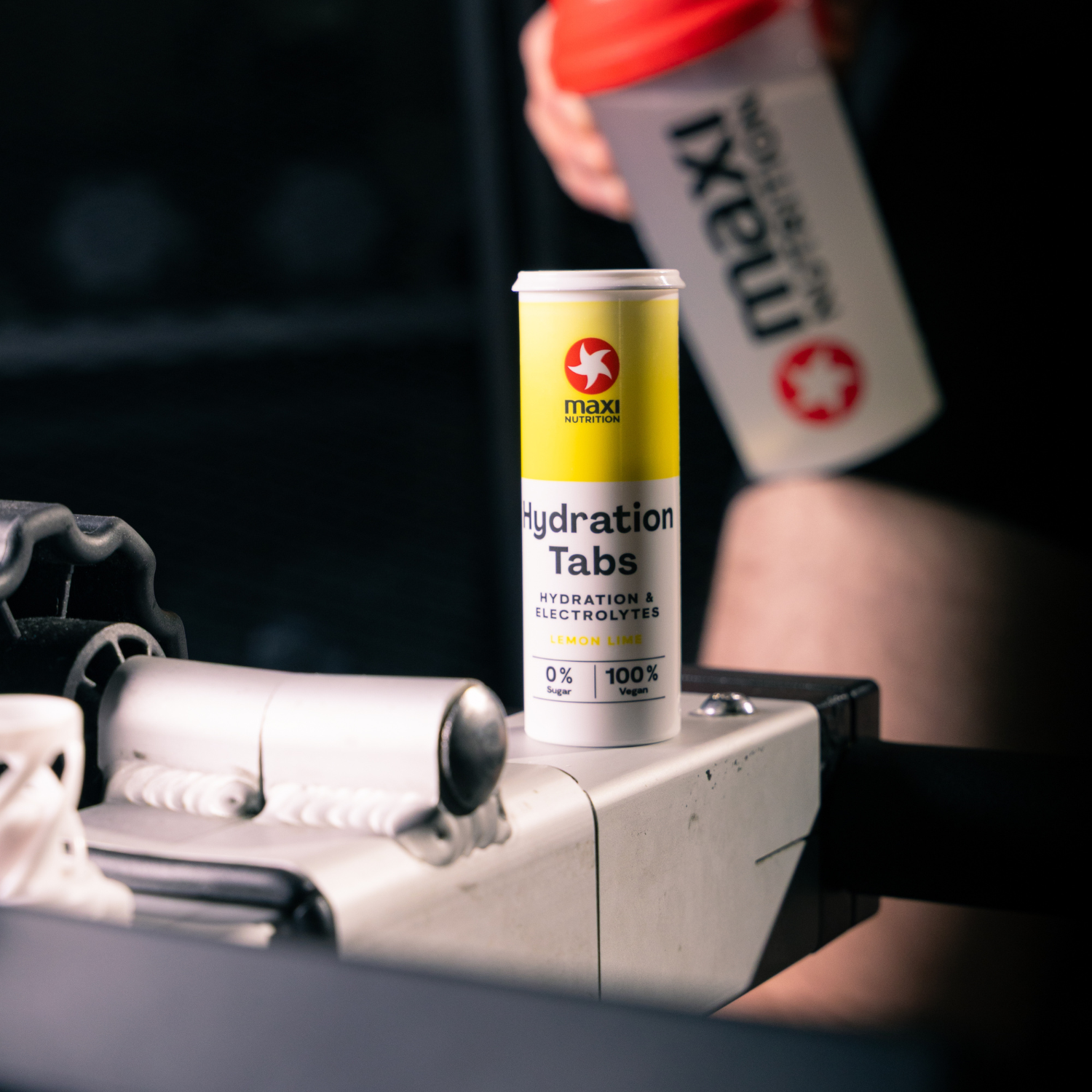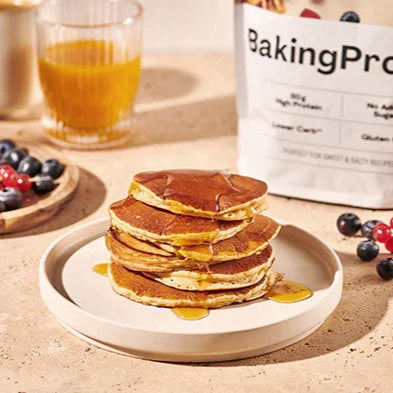Diet trends come and go, and we're at that time of the year, either preparing to jet off somewhere sunny or possibly coming back and feeling a bit guilty of the holiday indulgences. Perhaps a Monday is just around the corner and you feel it's the time to make a change and eat healthy. Whatever your reason, let Maximuscle talk you through the top 5 diets as reported by the US News; the theory, the facts and the fiction.
1. The DASH Diet
Dietary Approaches to Stop Hypertension (DASH) - essentially this diet was divulged to help lower blood pressure or indeed prevent high blood pressure. The point being, that cardiovascular diseases are on the rise and the precursor is often high blood pressure. The DASH diet also offers the potential for weight loss as well as promoting health.
DASHing details
In a nutshell, you are asked to follow a number of servings of particular food groups, based on your gender, age and activity level, a special attention is placed on lowering your sodium intake. As an example, a 25-year-old male who exercises at a light/moderate intensity for 20 minutes a day, should consume 2600-2800 calories a day. This is then further split into the various portions of food. In this case:
| Group | Grains | Veg | Fruits | Low Fat Milk | Meats, poultry, fish | Nuts, seeds, legumes | Fats and oils | Sweets & added sugar |
| Servings per day | 10-11 | 5-6 | 5-6 | 3 | 6 | 1 | 3 | <3 |
This diet looks like a lot of food, but the plan is to lower your portion sizes, for example, a meat, poultry or fish serving, should be 28g, therefore a daily serving of 170g, equivalent to approximately 1 and a half chicken breasts.
Stick or DASH
There's no magic potion or foods, DASH is about eating little and often but importantly lowering saturated fat, sugar and salt, whilst promoting high fibre foods, protein and key vitamins and minerals. For many at the beginning the amount of grains, fruit and veg maybe a bit overwhelming and cause some gastric distress, the advice is to start gradual and build up to the required amounts.
2. Mediterranean Diet
Without doubt, the populations neighbouring the Mediterranean have a higher life expectancy than the US or the UK. Of course, much of this is undoubtedly genetic and lifestyle associated, but a big determining factor is the dietary habits of those countries. Eating less processed foods, less red meat, sugar, saturated fat and high in fresh produce and healthy fat.
Diving into the Med
Unlike other diets, the Mediterranean diet is more of an eating pattern and lifestyle change than watching the calories, possibly one of the reasons for its success. You still get to consume the traditionally viewed, bad foods, such as cheese, dairy, olive oil, even a glass of red wine. There is an emphasis on physical exercise, eating more grains, fresh vegetables and fruit.
Sink or Swim
The Mediterranean diet is becoming extremely popular with lots of research demonstrating its successful application for weight loss. In general, people find it easy to stick to as no one food group is excluded, however it might feel like a big shift, particularly in the reduction in red meat and the increase in sea food and fish.
3. Flexitarian Diet
As conceptualised by the founder, registered dietitian Dawn Jackson Blatner, flexitarian is the marriage of being flexible when you want to, with a mostly vegetarian diet - basically having a Steak or burger when the urge gets too much to avoid. The diet claims to be the perfect way to lose weight.
Flexible Eating
A flexitarian follows a five-food group diet, including: the 'new meat' (tofu, beans, lentils, peas, nuts and seeds); fruit and vegetables; whole grains; dairy; sugar and spices. From a calorie perspective a three-four-five regime, where breakfast is around 300 calories, lunch approximately 400 calories and your evening meal is approximately 500 calories; plus, two snacks of around 150 calories each, totalling a daily calorie consumption of 1500 calories. This should be adjusted based on height, weight, age and gender.
Stay Rigid or be more Flexible
The main premise of the flexitarian diet is to eat more plant-based foods. More and more research studies emerge every year about the benefits of eating more plants and minimising unhealthy saturated fats that are often found in meat. But by the same token, you could substitute in meat if you wanted to. This diet is simply saying eat more of what we know is good for you, but at the same time have a little of what you like.
4. Weight Watchers Diet
There's more to weight loss than counting calories. The Weight Watchers regime is a points-based system, designed to keep things simple, but allow dieter a little of the things they want. The idea is that you will drop up to 2 pounds a week. A past criticism of Weight Watchers was the lack of emphasis on the role of exercise, but since 2015 this has now been added to the programme.
Points mean prizes
No foods are off limits, but you are given points based on your food choices. For example, a more indulgent, less healthy food would score more points versus something more akin to whole grains. You only have a certain number of points that you can use up each day. Most fruit and vegetables score zero points and therefore, the diet encourages you to fill up on those rather than unhealthy alternatives.
Sit and watch or get up and act
Weight Watches offer you lots of benefits. Firstly, you join a community and get to talk to experts as much or as little as you want. The website and membership package offers hundreds of recipes, and the food choices are in to the thousands. The downside is that of course you have to pay for these services. Perhaps though, paying and being regularly monitored will help you stay on track. Numerous journals have published studies that have shown the benefits of the Weight Watchers diet on weight loss.
5. MIND Diet
The MIND diet was specifically designed with a focus towards brain health, born from scientific research. The diet takes bits from the DASH and Mediterranean diets and amalgamates them to form the Mediterranean-DASH Intervention for Neurodegenerative Delay (MIND) regime. The main purpose for this diet is to prevent Alzheimer's in later life.
MIND over matter
The MIND diet promotes eating 10 brain healthy food groups: Green leafy vegetables, Other vegetables, nuts, berries, beans, whole grains, fish, poultry, olive oil and wine. You also have to exclude/avoid the five unhealthy food groups of: red meats, butter and stick margarine, cheeses, pastries and sweets, and fried or fast food. Every day you eat at least three portions of whole grains, a salad and another vegetable. A daily glass of wine is also suggested but not completely necessary. Nuts is the snack of choice and you alternate with ½ a cup of beans. Poultry should be eaten at least twice a week and fish at least once a week. Cooking should all be done in Olive oil for that Mediterranean feel.
Worth taking note or just in the MIND
It's likely that you will lose weight on the MIND diet, if desired, as it promotes many of the required healthy options, but the primary focus of the MIND diet is on brain health. Whilst this has received early praise for being a research driven diet. The scientific understanding is in its infancy and more work will need to be completed to show conclusive results.
It's clear to see that the top five diets all have similarities despite their obvious differences. The notion of eating more plant food, increasing your whole grains, fruits and vegetables, whilst limiting your saturated fat, salt and sugar intake. There's no one right diet for you, there's too many factors that may influence the outcome. A sensible approach is to try a few. What works for you, your lifestyle and your family. It is important that you create a healthy relationship with food, stay away from the known unhealthy options and importantly get some exercise.


